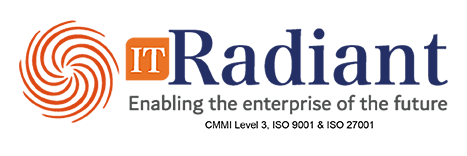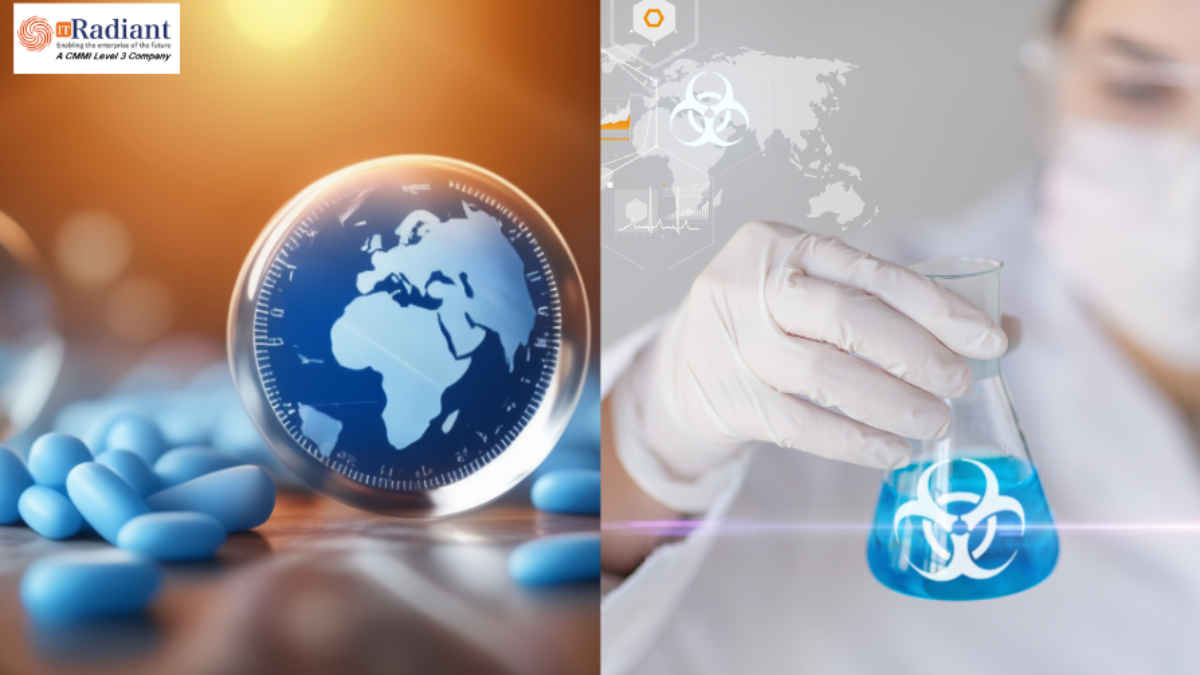In the highly regulated world of pharmaceuticals and life sciences, ensuring regulatory compliance while implementing serialization practices is paramount. With the increasing threat of counterfeit drugs and stringent regulations across various regions, the need for robust serialization strategies has never been more critical. SAP in the pharmaceutical industry plays a crucial role in addressing these challenges by offering comprehensive solutions for compliance, serialization, and data management. This blog delves into the importance of serialization, the regulatory landscape, and best practices for navigating these challenges effectively.
Understanding Serialization in Pharma
Serialization involves assigning a unique identifier to each saleable unit of a prescription product, allowing for tracking throughout the supply chain. This process is essential for enhancing drug safety, improving traceability, and ensuring that patients receive authentic medications. The primary goal of serialization is to prevent counterfeit drugs from entering the market, which poses significant risks to patient safety. SAP solutions in pharmaceutical companies facilitate efficient serialization management, integrating data across production and distribution networks.
The Regulatory Landscape
SAP in the pharmaceutical industry assists companies in adhering to global serialization standards, ensuring compliance with regional and international regulations. Regulatory bodies worldwide have established frameworks that mandate serialization for pharmaceutical products. Some notable regulations include:
- United States (DSCSA): The Drug Supply Chain Security Act (DSCSA) mandates that pharmaceutical companies implement serialization by 2023. SAP solutions help streamline product tracing, verification, and enhanced reporting practices to ensure compliance.
- European Union (EU FMD): The EU Falsified Medicines Directive (FMD) requires unique identifiers on prescription medicines, along with safety features to prevent falsification. SAP’s integrated systems enable companies to meet these requirements, providing transparency across supply chains.
- Other Global Regulations: Countries such as Brazil, China, and India have also introduced their own serialization requirements. SAP tools support the implementation of serialization and traceability to comply with these evolving regulations.
Challenges in Compliance
Complexity of Regulations
One of the most significant challenges facing pharmaceutical companies is the complexity of navigating diverse global regulations. SAP’s specialized solutions for the pharmaceutical industry provide businesses with the necessary tools to monitor and adapt to varying regulatory requirements.
Integration with Existing Systems
Another challenge lies in integrating serialization processes with existing manufacturing and supply chain systems. SAP’s platforms ensure smooth integration of serialization technologies with legacy systems, allowing for seamless compliance across multiple regions.
Data Management
Serialization generates vast amounts of data that must be managed effectively. SAP in the pharmaceutical industry offers advanced data management solutions, ensuring data accuracy, security, and accessibility, while facilitating regulatory compliance and operational efficiency.
Best Practices for Navigating Compliance
To effectively navigate the global regulatory landscape, pharmaceutical companies can leverage SAP’s industry-specific technologies to monitor regulatory changes, streamline compliance, and manage vast amounts of serialization data. SAP’s cloud-based solutions provide flexibility and scalability, making it easier for companies to adapt to evolving regulations.
Collaboration with supply chain partners, supported by SAP’s integrated tools, ensures that all parties comply with serialization requirements. Training programs for employees, powered by SAP, further promote compliance by fostering a culture of accountability.
As the pharmaceutical and life sciences industry continues to evolve, SAP in the pharmaceutical industry will remain a critical asset in ensuring regulatory compliance and serialization. By utilizing SAP’s robust solutions, companies can protect patients, ensure the safety of medications, and enhance the integrity of the pharmaceutical supply chain. Embracing SAP technology is not just about compliance; it’s about delivering safe, authentic medications to those who need them.

